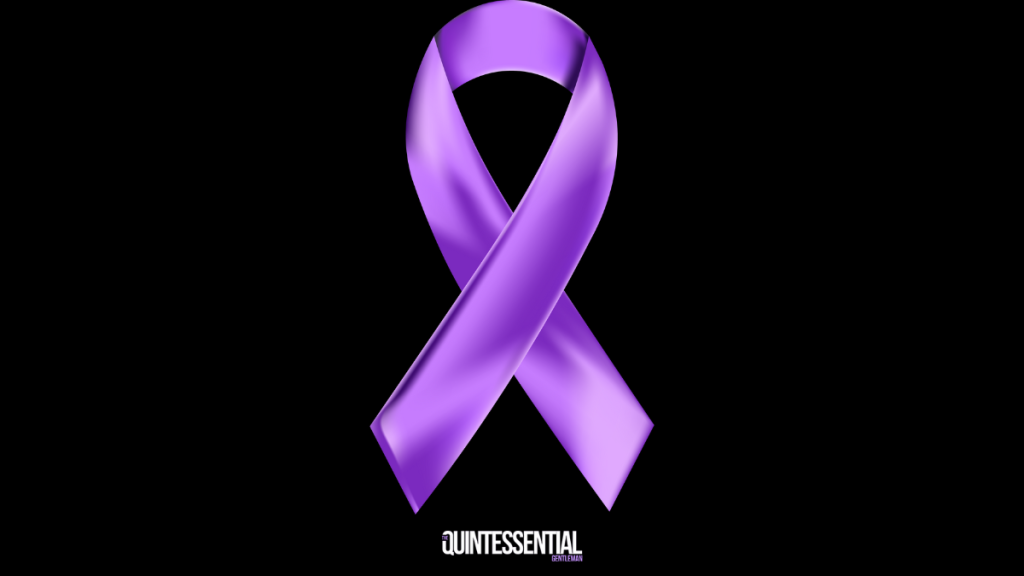November marks Pancreatic Cancer Awareness Month, a time to raise visibility, share knowledge, and advocate for earlier detection.
Pancreatic cancer remains one of the most difficult cancers to diagnose and treat. There is no standard screening test; symptoms are often subtle, and by the time it is discovered, treatment options are limited.
But awareness can save lives — especially in our communities.
Black Americans are 50–90% more likely to be diagnosed with pancreatic cancer than white Americans. And Black men face the highest mortality rate from the disease.
This disparity isn’t about biology alone; it’s deeply tied to access. Pancreatic cancer is often identified later in Black patients, in part because early warning signs may not be recognized or taken seriously.
In addition, structural barriers in healthcare mean that screening, referrals, and access to specialist care are not always equitable, contributing to later diagnoses and poorer outcomes.
And while numbers help tell the story, the impact is deeply personal; these are our brothers, fathers, uncles, mentors, and friends.
Just last month, the music world mourned the death of Grammy-winning singer D’Angelo, who died of pancreatic cancer. His passing was a reminder of how quietly and aggressively this disease can move.
Pancreatic cancer does not always present with dramatic warning signs. Many of its symptoms feel like everyday issues, which is why awareness matters.
Symptoms to look out for:
- Yellowing of the skin or eyes (jaundice)
- Unexplained weight loss
- Upper abdominal or back pain
- Loss of appetite or change in stool patterns
- New or worsening diabetes
- Persistent nausea or bloating
No one should panic over one symptom, but persistent changes deserve attention. Early conversation with a doctor can create critical time and options.
Several organizations are investing in research, community outreach, and patient support. These groups are pushing for earlier detection tools and more equitable care:
Organizations such as the Pancreatic Cancer Action Network (PanCAN), which funds research, clinical trials, and patient support services, are helping push early detection efforts forward. The Lustgarten Foundation, the largest private funder of pancreatic cancer research, continues to prioritize breakthroughs in early diagnosis.
Institutions like the Howard University Cancer Center are directly addressing cancer disparities that impact Black communities, including pancreatic cancer outcomes. Additionally, the African American Male Wellness Agency plays a vital role by providing free health screenings and education programs nationwide, specifically designed to support the wellness of Black men.
If you or someone you know needs guidance, PanCAN offers a free Patient Services hotline: pancan.org | 877-2-PANCAN




